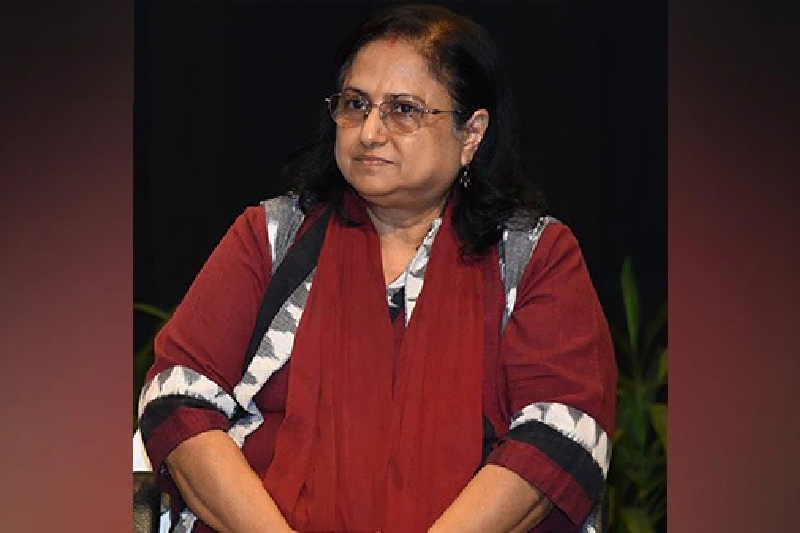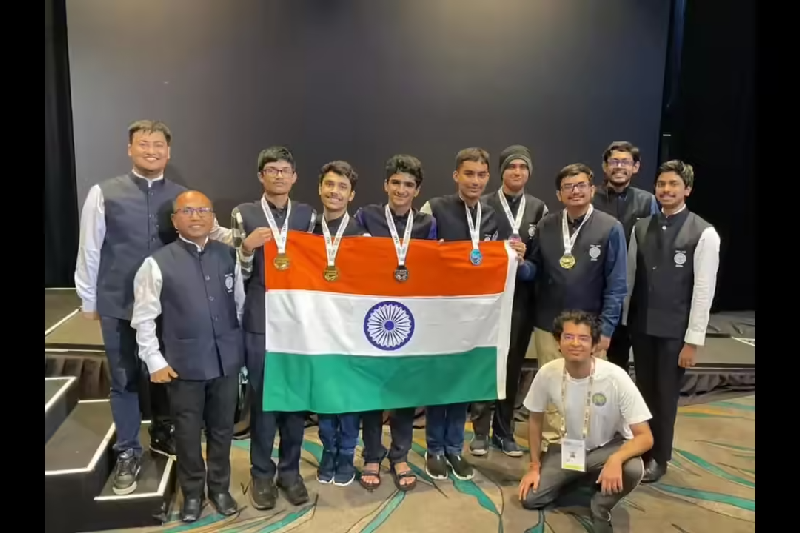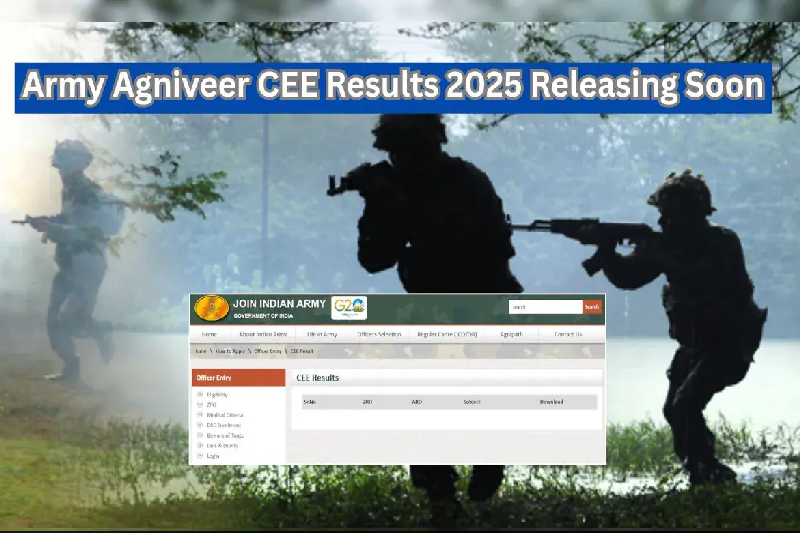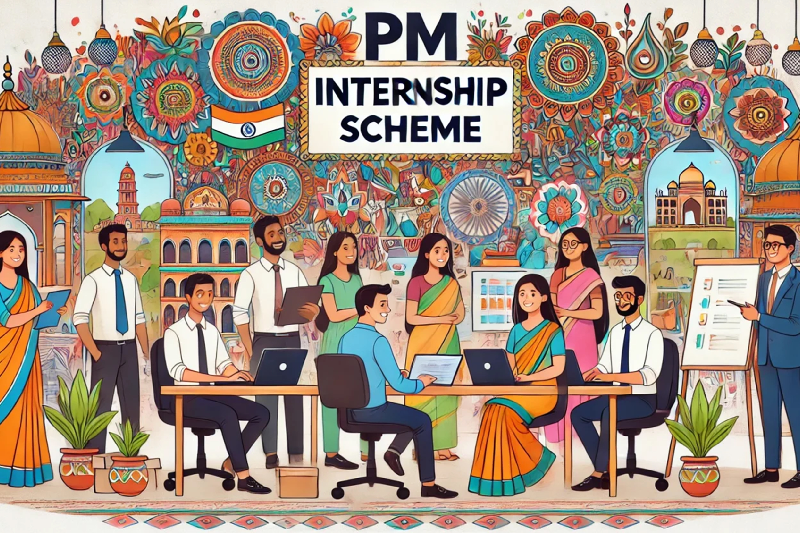
Delhi High Court to SSC: Ensure Equal Access for Visually Impaired Candidates in Recruitment Portals
In a significant move toward ensuring inclusivity and equal opportunity in public recruitment processes, the Delhi High Court has directed the Staff Selection Commission (SSC) to make its online recruitment portal more user-friendly for visually impaired candidates. This decision addresses a critical digital accessibility gap in the application process for Central government job aspirants with visual disabilities.
The court's direction was issued on July 25, 2025, following a petition filed by Santosh Kumar Rungta of the National Federation of the Blind. The petition challenges the lack of accessible options for blind candidates who are unable to comply with the SSC’s current requirement of capturing and uploading a live photograph using facial recognition technology.
What Prompted the Court’s Intervention?
The petitioner highlighted that the current digital application process effectively excludes blind candidates from participating in major SSC recruitment exams. Specifically, the requirement of a live photo upload through facial recognition is not feasible for individuals with certain visual impairments, thereby denying them the right to participate in the examination process.
The petition stated:
“This exclusion is a clear case of discrimination and a violation of the fundamental rights guaranteed under the Constitution.”
The plea sought that an alternative method be made available for visually impaired applicants to upload their photographs and complete their online applications.
Examinations Impacted by the Accessibility Issue
The issue affects candidates applying for the following major SSC exams:
- Combined Graduate Level Examination (CGL) 2025
- Combined Higher Secondary Level Examination (CHSL) 2025
- Multi-Tasking Staff and Havaldar (MTS and Havaldar) Examination 2025
These exams attract lakhs of candidates each year for various non-gazetted posts in Central government departments, making accessibility critical for ensuring fair participation.
High Court’s Observations and Orders
The matter was heard by a bench comprising Chief Justice D K Upadhyaya and Justice Tushar Rao Gedela. During the proceedings, the petitioner presented 60 e-mails from visually impaired candidates who had been unable to complete their applications due to the live photograph requirement.
Taking note of these grievances, the bench issued the following key directions:
- SSC must address the 60 individual grievances forwarded by the petitioner.
- The SSC is to revisit its existing policy and make necessary updates to ensure its portal is accessible for blind candidates.
- An SSC official should meet with the petitioner to resolve outstanding accessibility concerns.
- SSC must come prepared with a revised plan for ensuring accessibility in future examinations.
The court remarked:
“There are some issues that need to be resolved. In the future, be mindful. Come with your plans for future examinations.”
The matter is now scheduled for the next hearing on November 12, 2025.
A Larger Issue of Digital Accessibility in Government Exams
This case draws attention to a wider systemic problem — the lack of digital accessibility in online recruitment processes. With the shift to fully digital platforms, candidates with disabilities face growing challenges if proper accommodations are not implemented.
Despite the mandates of the Rights of Persons with Disabilities Act, 2016, and accessibility guidelines issued by the Ministry of Electronics and Information Technology, many public sector portals remain non-compliant with basic accessibility standards.
Live photo capture through facial recognition, while introduced to prevent fraud and impersonation, has unintended consequences for persons with disabilities. For those with severe vision impairments, navigating such features without sighted assistance or specialized technology can be impossible.
Why Accessibility is a Constitutional Right
The petitioner’s counsel rightly argued that the current process violates the Constitution of India, particularly:
- Article 14 (Right to Equality)
- Article 16 (Equality of Opportunity in Public Employment)
- Article 21 (Right to Life and Personal Liberty)
Excluding candidates on the basis of an inaccessible application process amounts to institutional discrimination — especially in the context of public employment where transparency, fairness, and equal access are non-negotiable.
A Welcome Step, but More Needs to Be Done
The High Court’s direction to the SSC is an important but interim relief. While it addresses the concerns of the 60 applicants and ensures future responsiveness, there is a need for system-wide digital reform in how government agencies design and deploy recruitment technologies.
Key steps needed include:
- Making all application portals compliant with Web Content Accessibility Guidelines (WCAG).
- Providing alternative authentication and photo upload methods for candidates with disabilities.
- Involving stakeholders, including disabled persons’ organizations, in testing and policy-making.
- Ensuring grievance redressal mechanisms are accessible and effective.
Looking Ahead
The next hearing, scheduled for November 12, will likely review SSC’s progress in making its digital platforms inclusive. It remains to be seen what specific changes the Commission will propose and how quickly they can be implemented.
For now, the court’s intervention offers a much-needed lifeline to visually impaired candidates who have been unintentionally left out of the recruitment ecosystem. It also serves as a reminder that technology must be inclusive by design, especially when it plays a gatekeeping role in opportunities for public employment.
Conclusion
The Delhi High Court’s directive to the SSC to rethink its digital policies for visually impaired candidates is not just a matter of administrative fairness — it is about upholding constitutional rights and ensuring inclusive governance. As recruitment and education processes move further online, ensuring that no citizen is left behind — especially due to avoidable design choices — must become a core principle for all public digital platforms.
The ball is now in SSC’s court, and its actions in the coming months will set a precedent for accessibility in government examinations nationwide.



